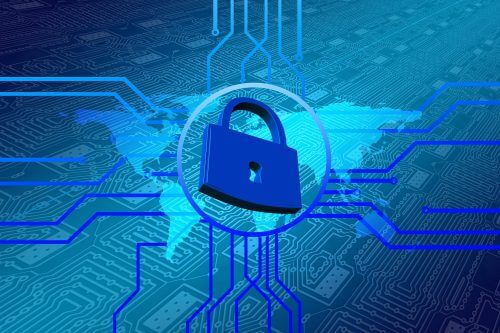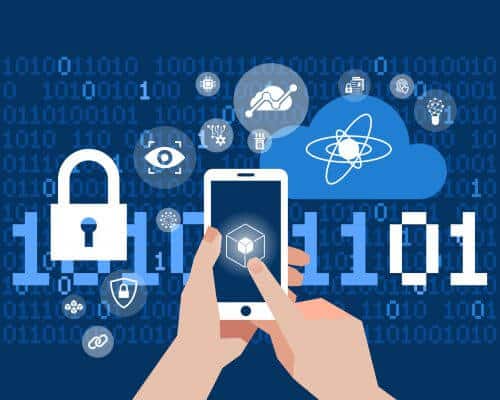QuantLR, which was recently established at the Hebrew University, announced a significant breakthrough - an experiment that demonstrated for the first time quantum encryption outside of controlled laboratories and under field conditions was successful. The company has shown that it is possible to build a low-cost system that encrypts information based on principles from quantum theory in noisy and non-ideal everyday conditions


About a year after it was established, the start-up company recorded a significant breakthrough following a successful field trial conducted at the Hebrew University. Prof. Isenberg, one of the founders of the company, from the Rakah Institute of Physics at the Hebrew University: "This is the result of hard work and comprehensive planning." The technology developed by the company sets a precedent for its low cost and stable performance in various conditions
QuantLR) recently established at the Hebrew University, a company that develops a product to protect communication networks based on optical fibers, announced in the middle of last month a significant breakthrough - an experiment that demonstrated for the first time quantum encryption outside of controlled laboratories and under field conditions was successful. The company has shown that it is possible to build a low-cost system that encrypts information based on principles from quantum theory in noisy and non-ideal everyday conditions.
Such a demonstration is considered a significant milestone towards the deployment of extensive encrypted communication lines at a significantly low cost (reduced by about 90 percent) compared to similar technologies sold on the market. About three months ago, Prof. Hagai Isenberg, a senior researcher at the world-renowned Rakkh Institute of Physics in quantum technologies, founder and partner in the company Quant-AL-R, which is currently developing methods for securing optical information that will be immune to hacking in the era of quantum computers, said: "One of the main consequences of the era of computing The quantum we are facing is the ability of such computers to break the encryption systems that currently protect most electronic commerce and secure online activity. I believe that our company will be able to offer a product at a tenth of the price that exists today, and provide relatively cheap protection for entities such as next-generation cellular communication networks and online databases."
The demonstration performed at the Edmond Y. campus. Safra in Jerusalem was applied to an existing optical fiber that is about three kilometers long coming out of the communication center of the Hebrew University led by Alex Oritsky and tested its effectiveness. The results of the demonstration, as mentioned, were excellent. Now, the company plans to move to another testing phase that will put the new technology in front of a number of diverse tasks. For this purpose, Quant-AL-R plans to go out into the field and test the capabilities of the system developed by implementing an array of optical fibers operated by several different telecommunications companies in combination with the standard communication equipment they use.
The protocol on which Quant-AL is based is the "Quantum Key Exchange Protocol" or "Quantum Key Distribution" (QKD). It is the only established protocol that has been proven to be able to encrypt information and protect it in an ultimate way, especially in the new era of quantum computers.
Prof. Isenberg concluded by saying that "the ability to install this technology quickly and easily is the result of hard work and comprehensive planning." Yanir Farber, CEO and founder of Quant-AL-R emphasized: "We are excited to announce that the round of tests that tested our technology on the optical fibers of the Hebrew University was a great success. In fact, this is the first test in a comprehensive round of tests that will take place in the coming months and will test the encryption capabilities in a combination of optical fibers and standard equipment."
